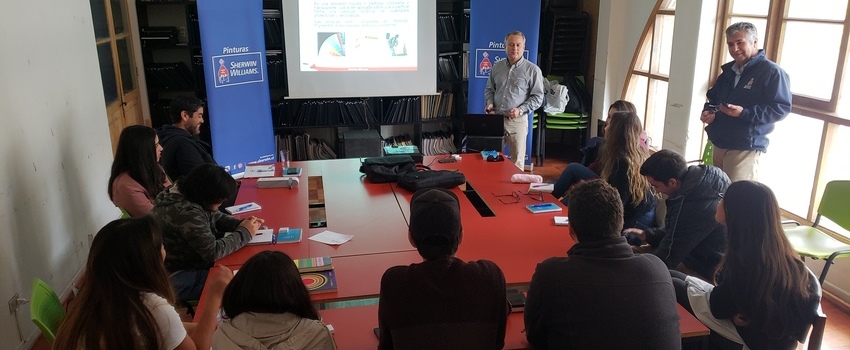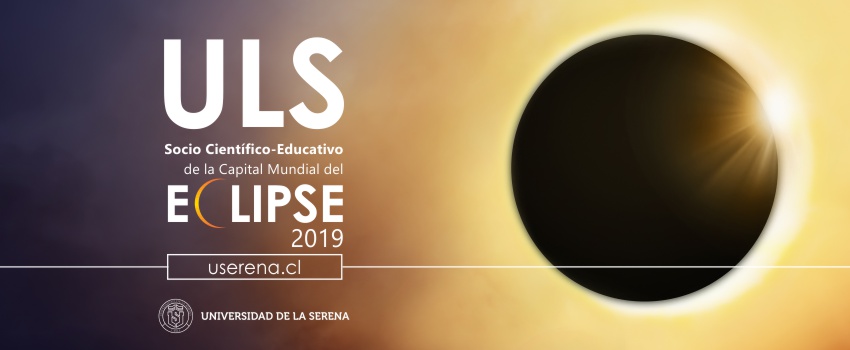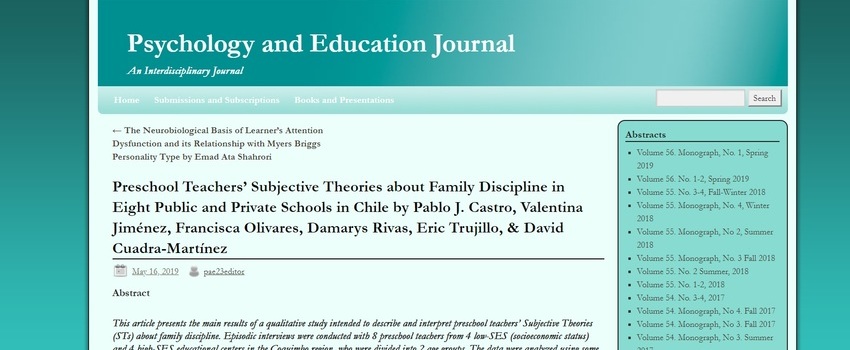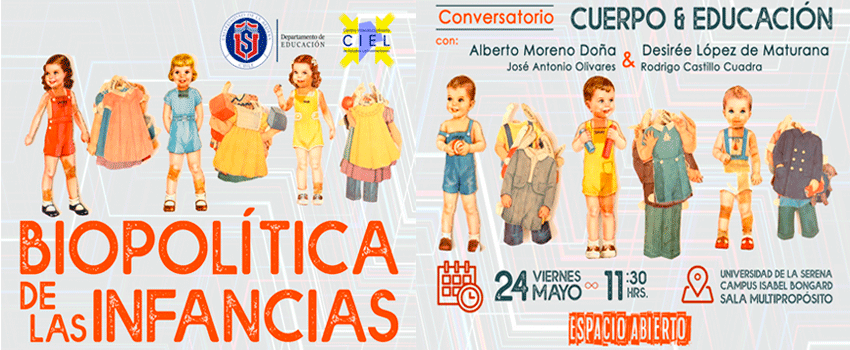
Dr. Alberto Moreno, from the University of Valparaíso, and Desirée López de Maturana, from the ULS, will participate.
With the central objective of highlighting the importance that childhood has in contemporary biopolitical reflection and the problematization that arises from this position, the ULS, through its Department of Education and Interdisciplinary Center for Latin American Studies, organized the discussion “Biopolitics of Childhoods. Body and Education”, which will take place on Friday the 24th of this month, starting at 11:30 a.m., in the Multipurpose Room of the Isabel Bongard Campus.
The activity, which will begin with a conversation from the concept of Biopolitics, will begin a series of relevant questions that seek to understand childhood and that places children as an individual and as a population under an adult-centric perspective.
The discussion will be held with the special participation of Dr. in Educational Sciences from the University of Granada, Spain, and Master in Latin American Studies, Philosophy mention, Alberto Moreno Doña, who carries out teaching and research work in the area.
Also participating will be the teacher of the Pedagogy in Early Childhood Education program at the ULS and executive vice president, until 2018, of the National Board of Kindergartens, Desirée López de Maturana, who has a long career in early childhood education and has carried out numerous research related to play, cognitive development and learning.
They are joined by academics Rodrigo Castillo Cuadra (UCN) and José Antonio Olivares (ULS).
Students of Pedagogy from the Department of Education and ULS pedagogies, academics and the public interested in the topic are invited to the meeting.
Written by Patricia Catsro, DirCom

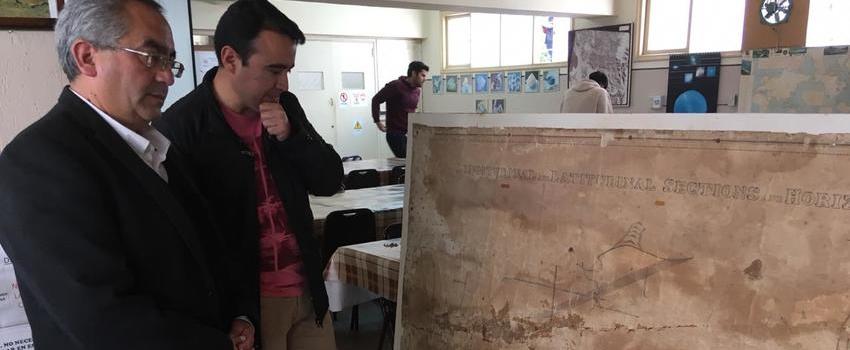
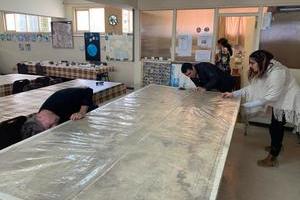 The Dean of the Faculty of Engineering, Dr. Engineer Mauricio Godoy, in relation to the restoration process, indicated that “we must take care and protect our heritage, this is a very important milestone since it is one of the first engineering plans in Chile, and is associated with mining, forming part of one of the greatest collected treasures that our University has.”
The Dean of the Faculty of Engineering, Dr. Engineer Mauricio Godoy, in relation to the restoration process, indicated that “we must take care and protect our heritage, this is a very important milestone since it is one of the first engineering plans in Chile, and is associated with mining, forming part of one of the greatest collected treasures that our University has.”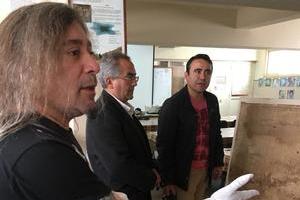 To carry out the restoration process, we have the support of Javier Gómez, professional conservator and restorer of the Archaeological Museum of La Serena, who is currently evaluating the conditions in which this plane is located, pointing out that “we are trying to intervene as little as possible. since it is a historical object and we are seeing what condition the plan is in and what conservation actions to carry out. We are taking photographs to carry out digital tests, the map has an enormous amount of information that even in the future we could separate the samples and make a complete exhibition.”
To carry out the restoration process, we have the support of Javier Gómez, professional conservator and restorer of the Archaeological Museum of La Serena, who is currently evaluating the conditions in which this plane is located, pointing out that “we are trying to intervene as little as possible. since it is a historical object and we are seeing what condition the plan is in and what conservation actions to carry out. We are taking photographs to carry out digital tests, the map has an enormous amount of information that even in the future we could separate the samples and make a complete exhibition.”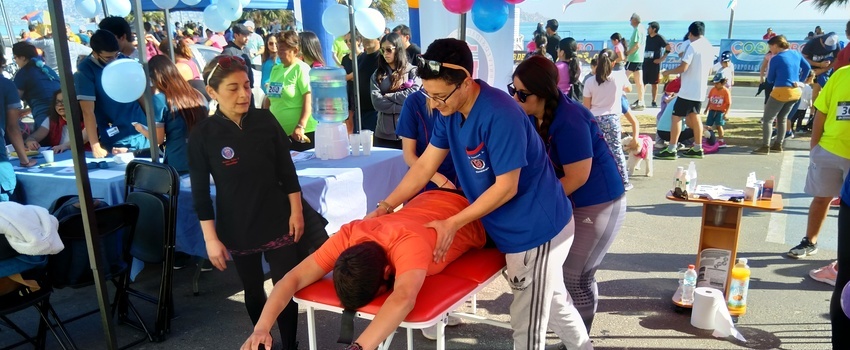
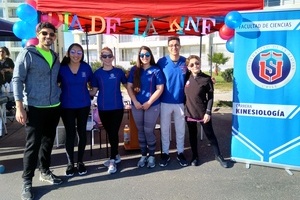 With the participation of nearly 200 people, the 2K Health Run was held in commemoration of Kinesiology Week, where the ULS was present with a stand for promotion, prevention and education in health and sports, run by of the Kinesiology degree at the University.
With the participation of nearly 200 people, the 2K Health Run was held in commemoration of Kinesiology Week, where the ULS was present with a stand for promotion, prevention and education in health and sports, run by of the Kinesiology degree at the University.